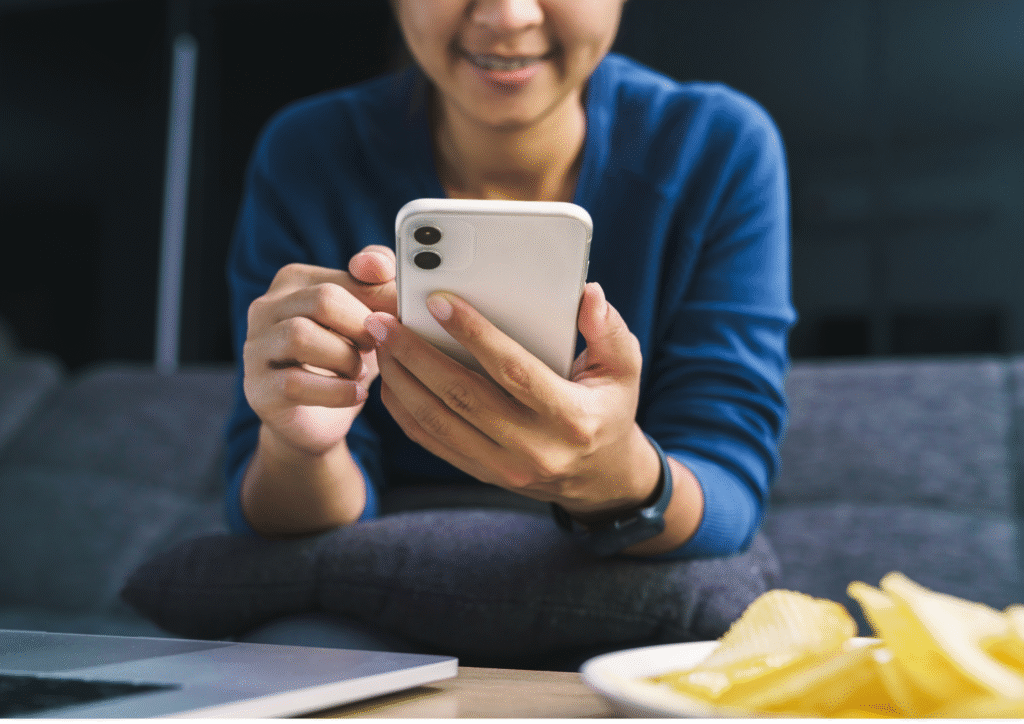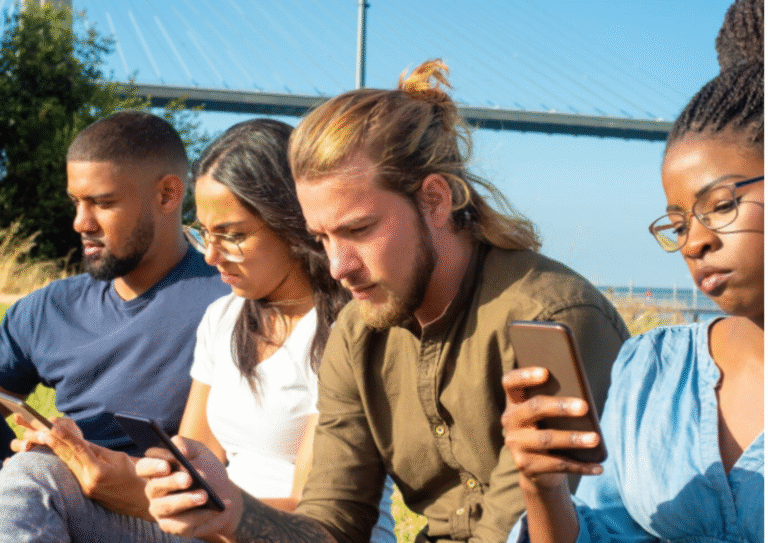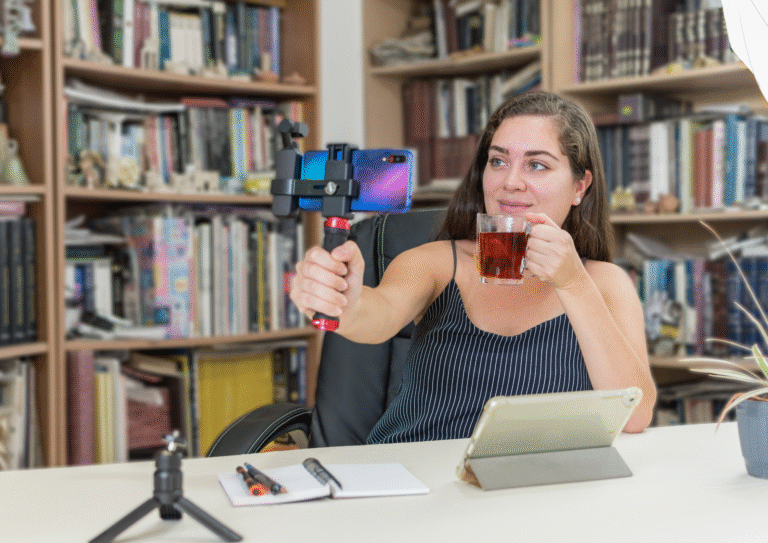
Have you ever posted something online. . . a photo, a thought, a funny video. . . and then found yourself constantly checking your phone? Waiting, hoping, for those little hearts, thumbs-up, or comments to roll in? Do you feel a rush of excitement when they do, and a pang of disappointment when they don’t? This secret craving for approval, this deep desire to feel seen and valued in the digital world, is a problem many of us face. If you want to understand why these “likes” feel so good and how to take back control of your own happiness, keep reading. You’re about to discover the amazing truth about your brain and social media.
The simple act of getting a “like” on social media is far more powerful than you might think. It’s not just a friendly tap on a screen. . . it’s a direct hit to your brain’s reward system. This matters more than people realize because our constant chase for digital validation can actually change how we feel, how we act, and how we see ourselves. These tiny digital signals are secretly shaping our self-worth, making us feel great one moment and totally deflated the next.
Some might argue, “It’s just a ‘like’! People are making too big a deal out of it. It’s harmless fun, and if you’re getting upset over it, maybe you just need thicker skin.” They might say that social media is just a new way to connect, and feeling good when someone approves of you is totally normal. On the one hand, it’s true that humans have always wanted to be accepted and liked by others. However, this way of thinking misses a huge point. The way social media is designed makes this natural desire for approval incredibly strong and, at times, unhealthy. It’s not just about wanting to be liked. . . it’s about a system that uses your brain’s wiring to keep you hooked. It’s almost like these apps are tiny emotional puppeteers, pulling your strings without you even noticing.
The science behind why “likes” feel so addictive is truly fascinating. It all comes down to a powerful chemical in your brain called dopamine. Think of dopamine as your brain’s “feel-good” and “motivation” chemical. When you get a “like,” especially when you don’t expect it, your brain releases a burst of dopamine. This creates a quick, pleasurable feeling. This is called intermittent reinforcement, and it’s the same trick used in slot machines. You never know when the next big win (or “like”) is coming, so you keep checking, hoping for that rewarding feeling. As a result, your brain learns to associate checking social media with the chance of getting that dopamine hit, making the behavior incredibly hard to stop.
Furthermore, our brains are wired for social connection and belonging. When we receive positive feedback, like “likes” or comments, it triggers the same parts of the brain that are active when we feel loved or accepted in real life. This sense of social validation is a basic human need. However, when this validation comes primarily from a digital source, it can become a fragile foundation for our self-esteem. A study published in Psychological Science by Sherman et al. (2016) showed that positive social feedback on photos activated reward regions in the brains of teenagers.
“Our findings suggest that the neural mechanisms underlying social influence in adolescence are similar to those involved in other forms of reward processing, highlighting the powerful impact of peer approval.” **
This shows that getting “likes” isn’t just a mental thing. . . it’s a real brain response, especially for young people.
On the other hand, it’s not all bad news. Social media can be a wonderful tool for connecting with others, sharing experiences, and building communities. However, it’s important to recognize when the pursuit of digital validation starts to take over your real life and your real feelings. The problem isn’t the “like” itself, but the constant need for it, which can make you feel anxious, insecure, or even depressed if you don’t get enough. This explainer on digital validation shows why understanding its neurological impact is vital for mental well-being.
So, what can you do to break free from the “like” trap? First, practice mindful posting. Before you share something, ask yourself: “Am I posting this because I genuinely want to share, or because I’m hoping for a certain number of likes?” Second, turn off notifications. Those constant pings are designed to pull you back into the app. Giving your brain a break from that constant expectation can be incredibly freeing. Third, focus on real-life connections. Spend more time with friends and family in person. These genuine interactions provide a much deeper and more lasting sense of validation than any digital “like” ever could. As a result, you’ll feel more truly connected.
Moreover, work on your self-worth from the inside out. Your value as a person doesn’t depend on how many “likes” you get. Remind yourself of your strengths, your passions, and the people who care about you, regardless of your online presence. Experts like Dr. Anna Lembke, author of Dopamine Nation, emphasize the importance of finding balance in our reward-seeking behaviors. She suggests that constantly chasing quick dopamine hits can lead to a feeling of emptiness.
In conclusion, the neuroscience of digital validation reveals why “likes” feel so addictive. They tap into our brain’s reward system and our basic human need for social approval. But by understanding this powerful connection and making conscious choices about how we engage with social media, we can lessen its grip. We can protect our mental health, build stronger self-worth, and find true happiness that doesn’t depend on a screen. Take a moment to reflect. . . what’s one small step you can take today to find validation outside of your phone? Maybe it’s complimenting a friend in person. . . or simply appreciating something beautiful without needing to share it online. The power to define your own worth is yours.
References:
Sherman, L. E., Payton, A. A., Hernandez, L. M., Greenfield, P. M., & Dapretto, M. (2016). The Power of the Like in Adolescence: Effects of Peer Approval on Neural Activity. Psychological Science, 27(7), 1027-1035.
Lembke, A. (2021). Dopamine Nation: Finding Balance in the Age of Indulgence. Dutton.




